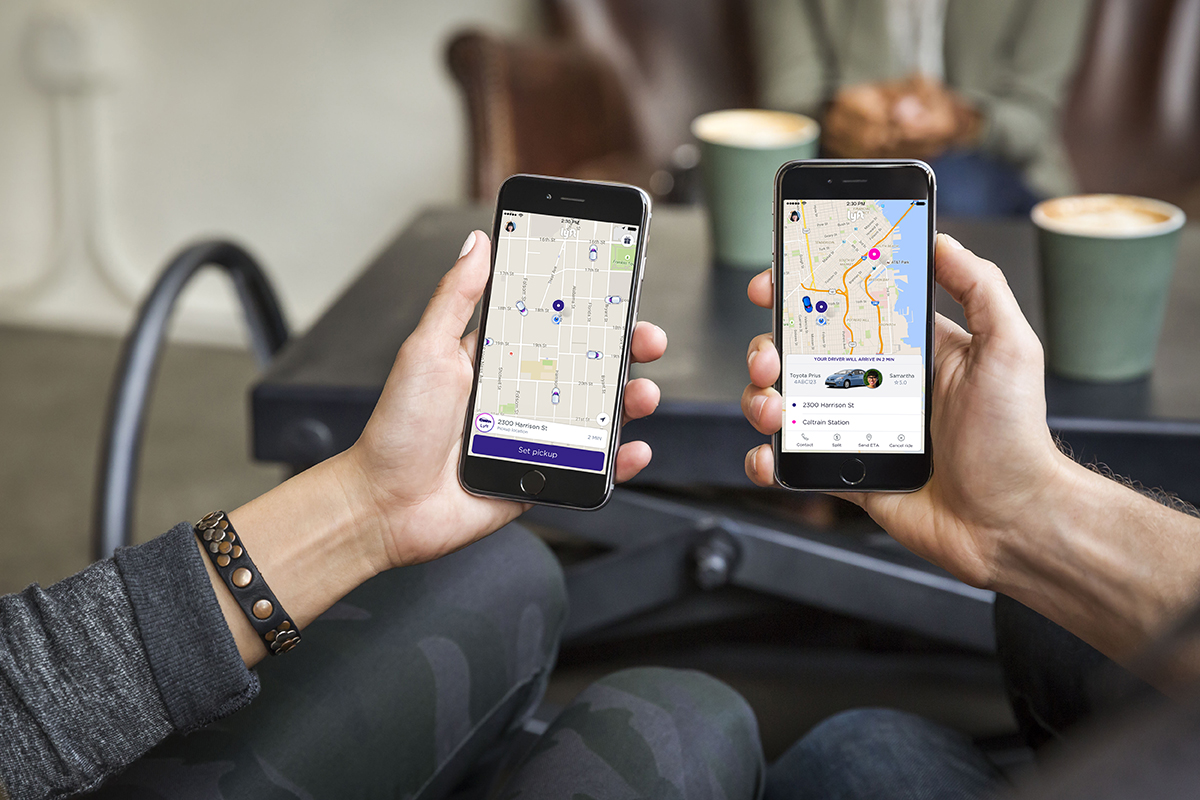Uber, Lyft, and Taxi Groups Are Unhappy with Beacon Hill’s Regulation Effort

The Lyft app via Lyft
Uber, Lyft, and taxi groups were unhappy when the State House passed new legislation regulating ride-sharing companies on Wednesday.
The bill, now on its way to the State Senate for additional action, creates a new oversight body and regulatory framework for popular ride-hailing companies like Lyft and Uber. If signed into law, the bill would require drivers for ride-hailing companies to undergo two background checks, force companies to carry at least $1 million in insurance liability on every vehicle in use, and mandate ride-hailing vehicles be properly identified while in service. The bill also contains language that bans the practice of raising fares during peak demand times, commonly known as surge pricing, that happen to coincide with a public emergency.
In a major win for the city’s beleaguered taxi industry, the bill maintains the ban on ride hailing companies from picking up fares at Logan Airport. Taxi officials were not satisfied with the finished product, however, because it did not contain language requiring ride-hailing drivers to undergo the same level of fingerprinting cab drivers do.
“There is just absolutely nothing in the bill that levels the playing field,” said Donna Blythe-Shaw of the Boston Taxi Drivers’ Association after the bill’s passage.
Taxi drivers, as well as local law enforcement officials, were hopeful the bill would contain the fingerprinting requirements because of concerns about public safety. Boston Police Commissioner William Evans was a strong proponent of the fingerprinting provision, but it was left out of the bill at the last minute. Fingerprinting may still make it in the final version of the bill, as Sen. President Stanley Rosenberg has voiced his support for the provision.
In an interview with WGBH, Rosenberg said he thinks “it’s a good idea” because taxi drivers face the same level of scrutiny.
Uber and Lyft were not thrilled with the bill’s passage, but stopped short of threatening to leave town as they have when faced with regulation in other areas.
“Lyft is not able to support the House legislation in it’s current form. The bill limits consumer choice, restricts competition and doesn’t serve the best interests of Massachusetts’ visitors or residents, who have benefited from Lyft’s safe, affordable rides at one of the nation’s busiest airports and throughout the Commonwealth. We are hopeful Massachusetts can find a way to join the nearly 30 states that have passed common-sense rules for ridesharing, and we will continue working with state leaders to find a way forward that preserves modern transportation options for people across the state,” said Alexandra LaManna, a spokesperson for Lyft, in an emailed statement.
Additional regulations the companies disliked, such as one amendment that would have classified ride-hailing drivers as employees and not as independent contractors, did not make it in the final bill.
“We are grateful for the efforts by the House of Representatives today on a complex piece of legislation. The current provisions adopted by the House today will stifle growth and innovation. We look forward to working with the Senate to help craft legislation which will allow ridesharing to continue in the Commonwealth,” said Uber Boston General Manager Chris Taylor in an emailed statement.
Update: It is unlikely the Senate will vote on the regulations on Thursday.


